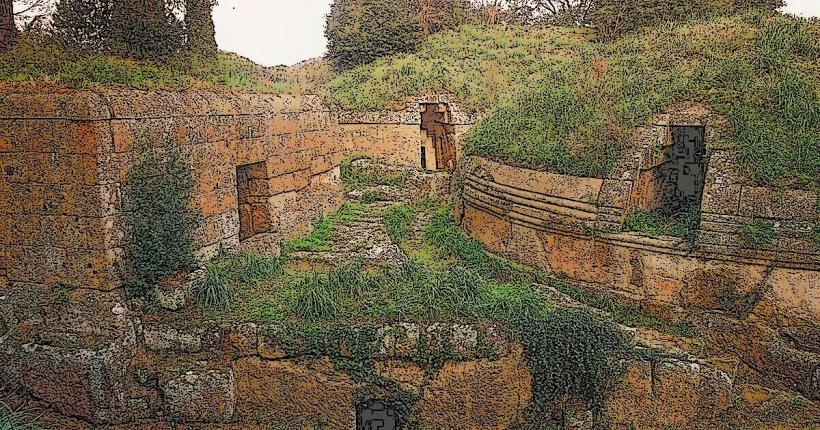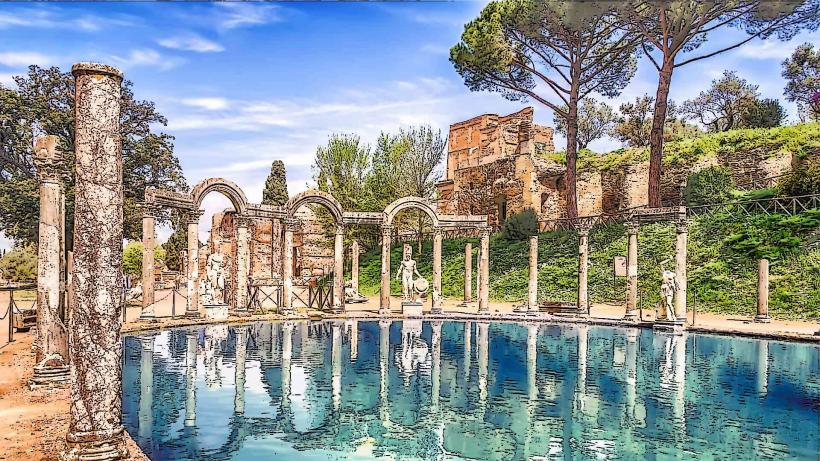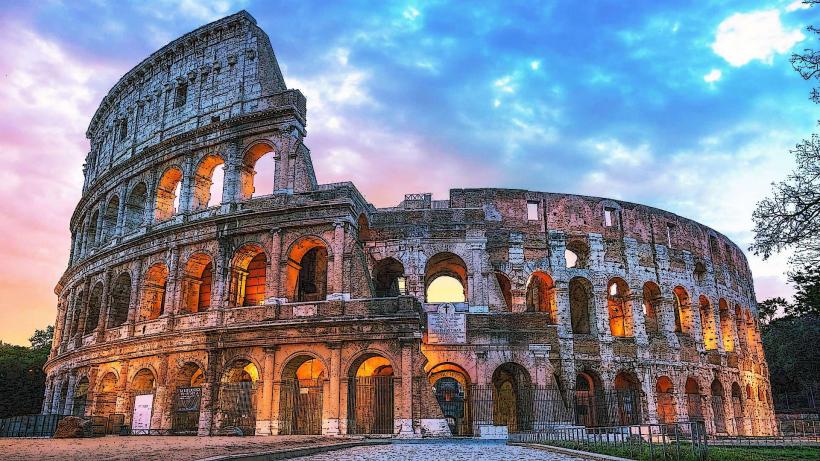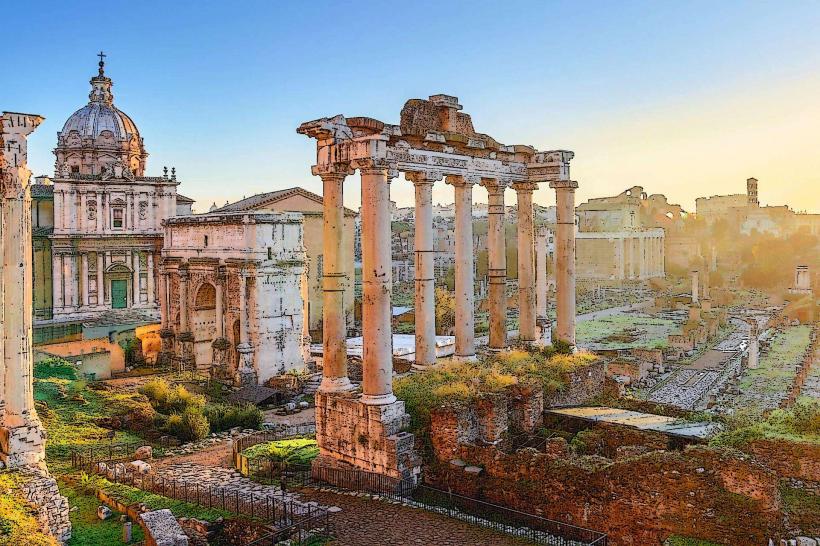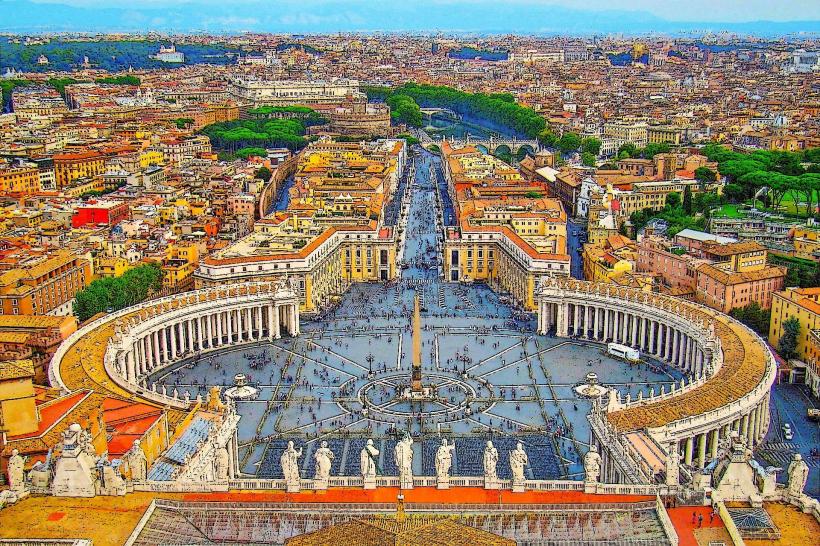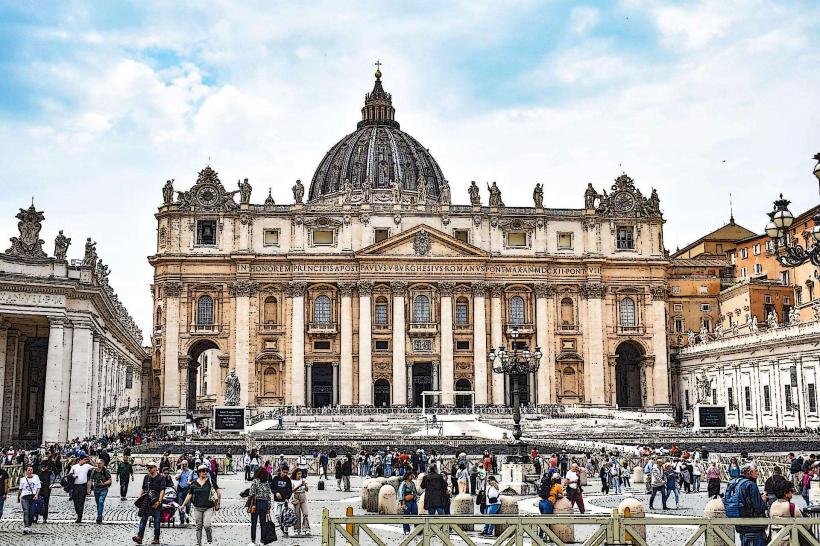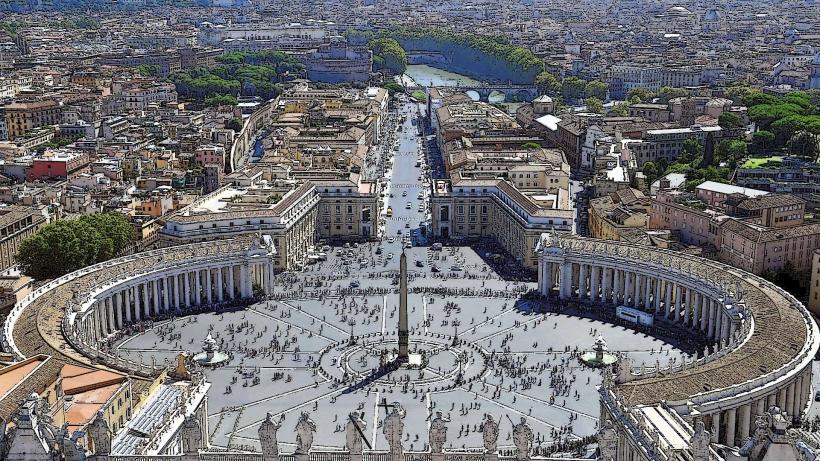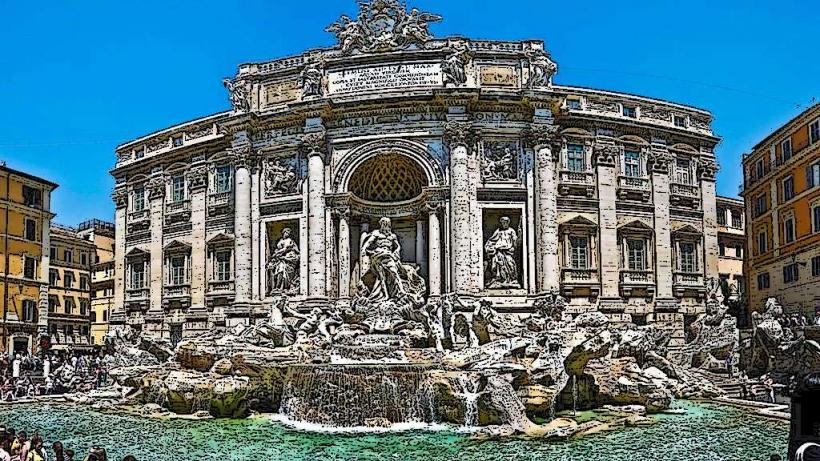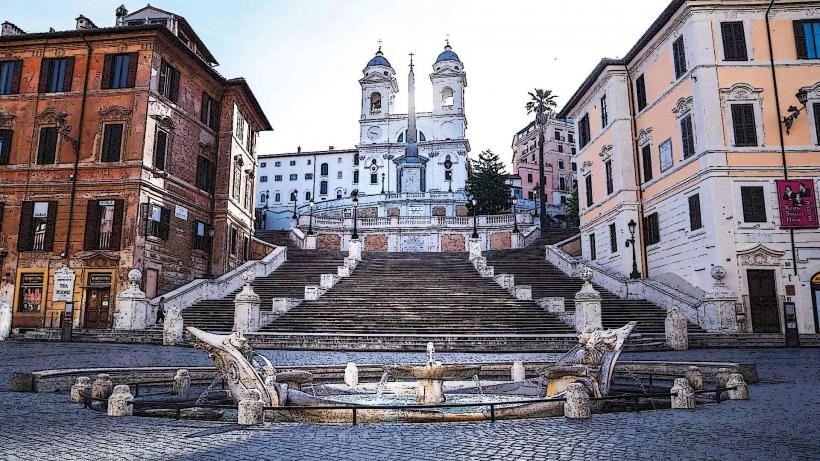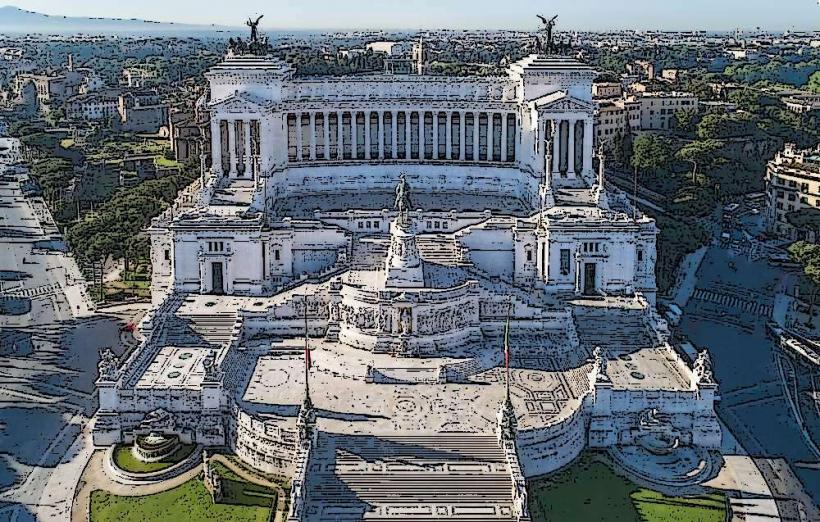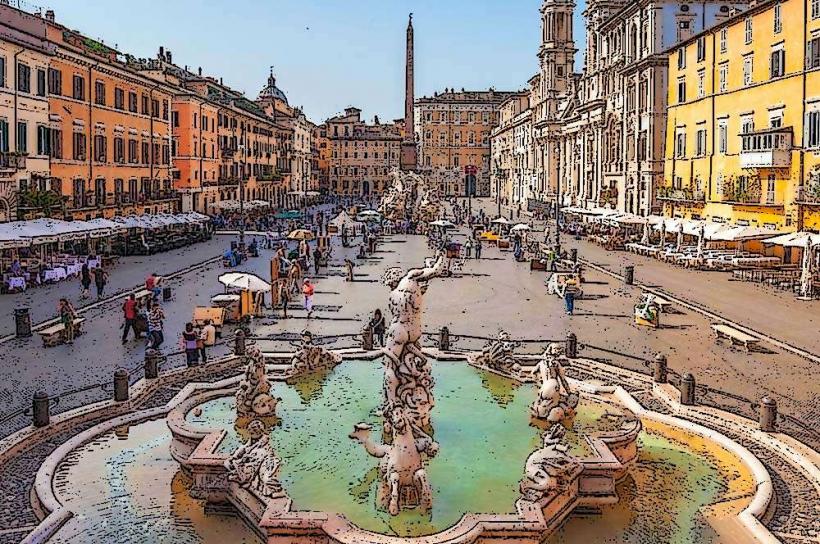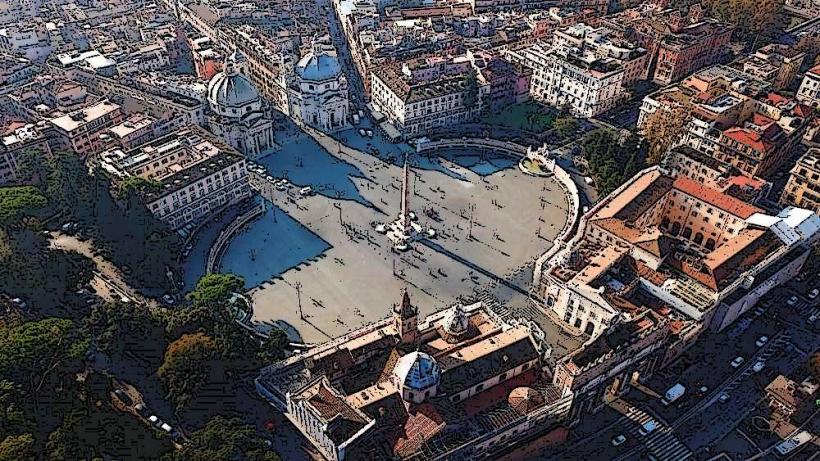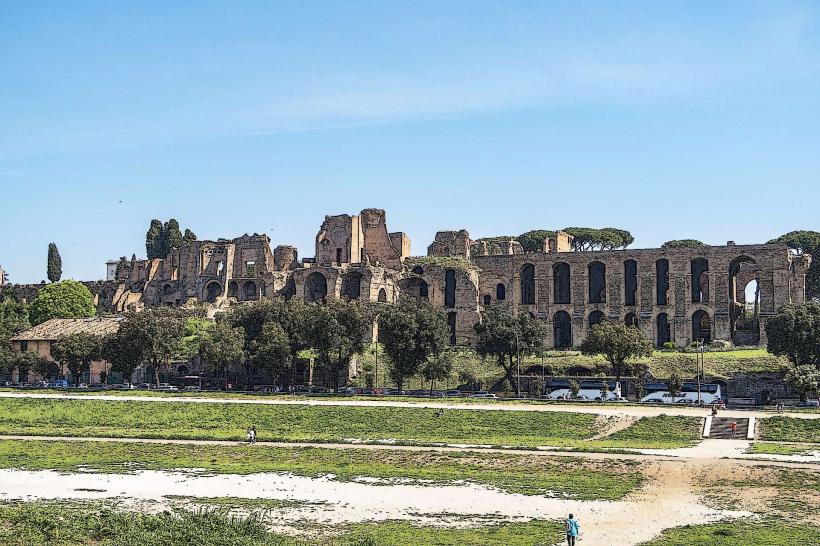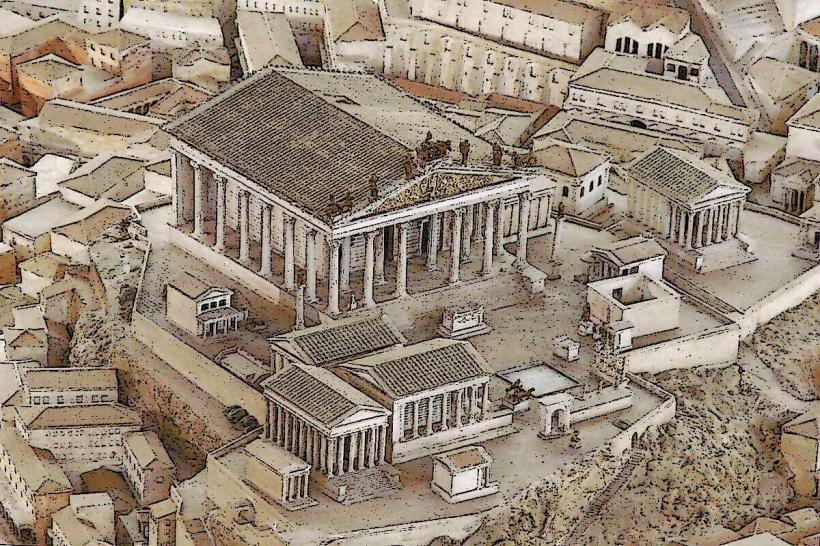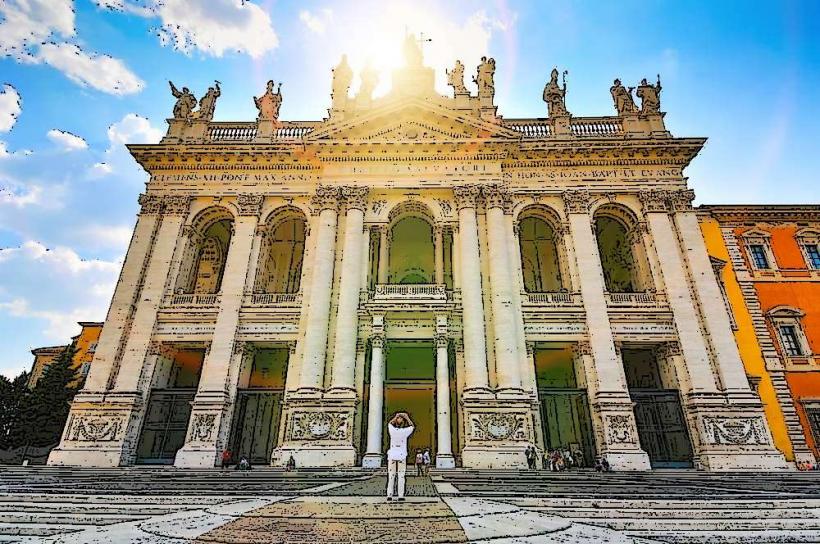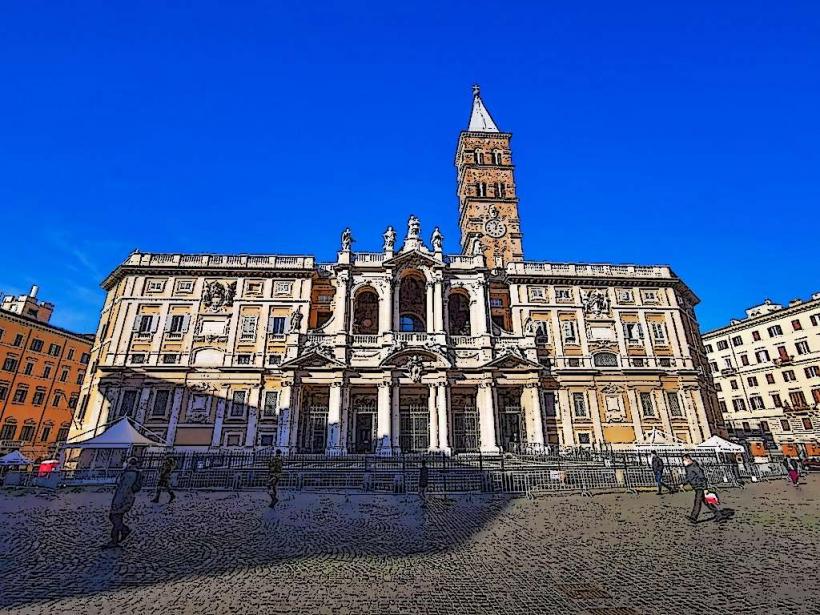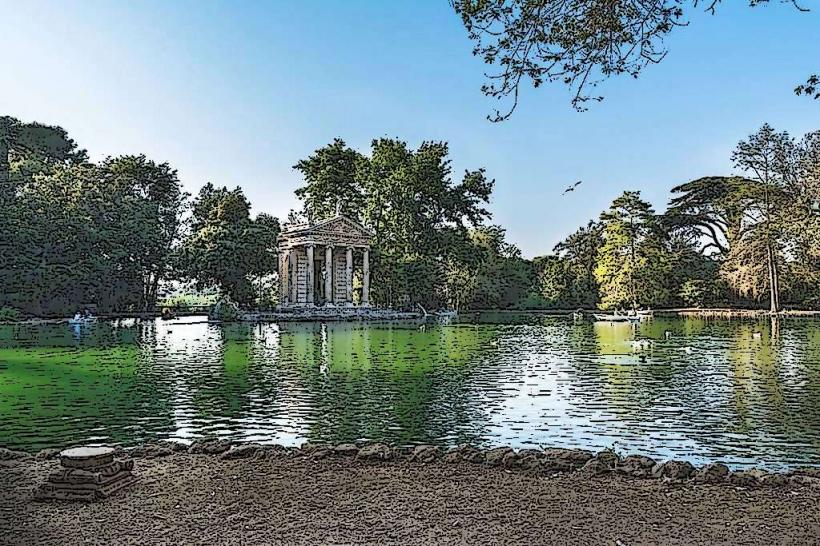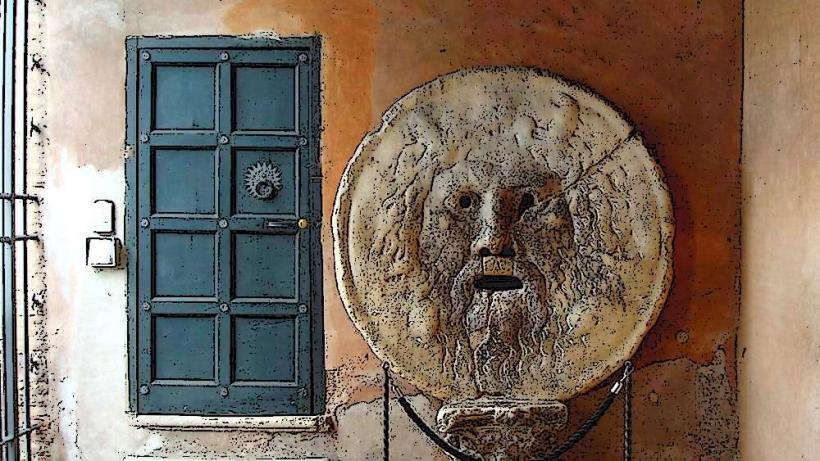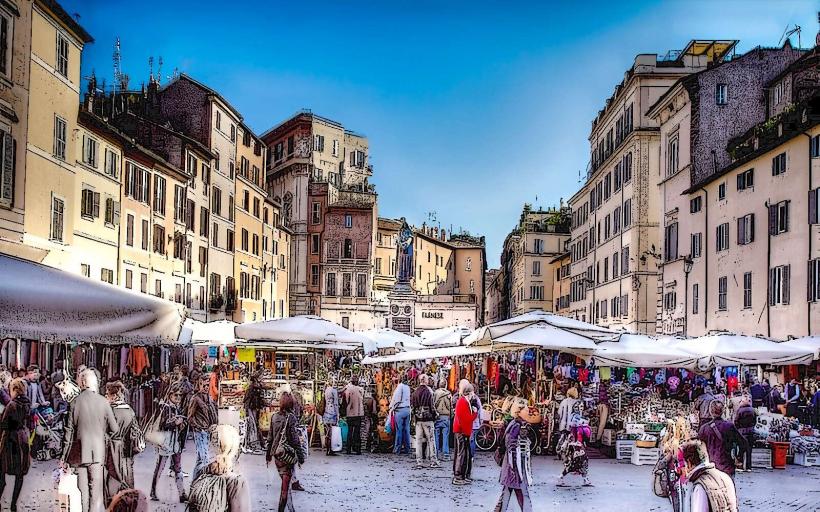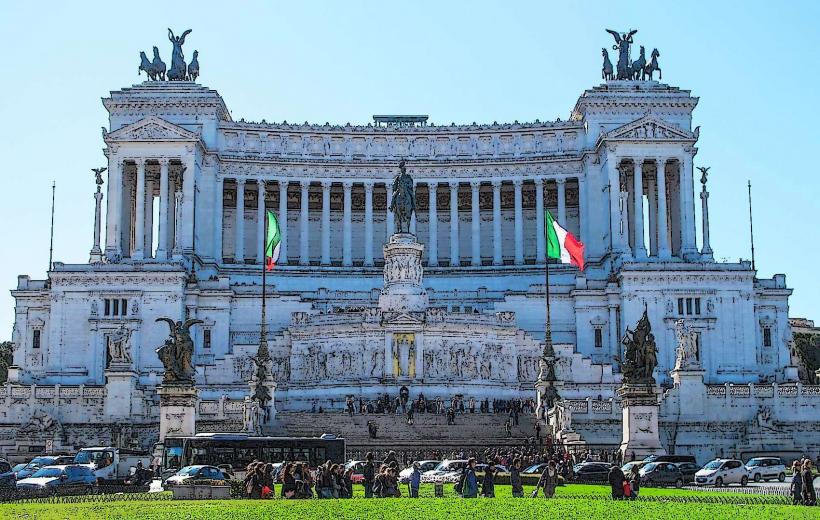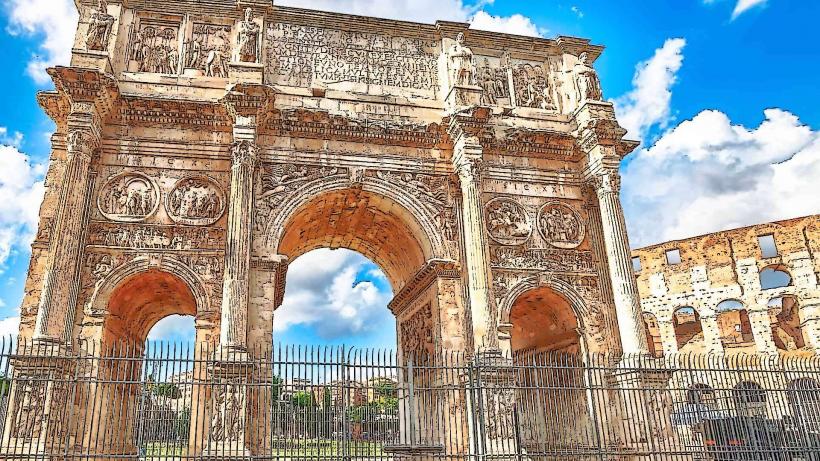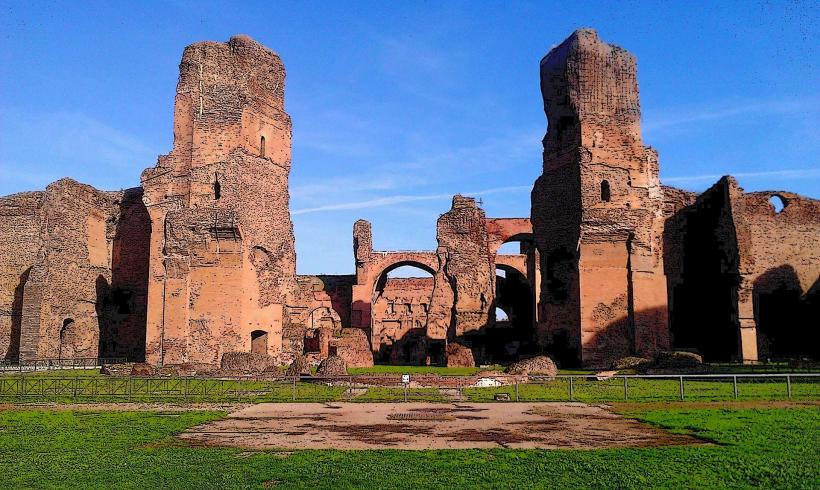Information
City: RomeCountry: Italy
Continent: Europe
Rome, Italy, Europe
Rome serves as the capital of Italy and the Lazio region. It is situated on the Tiber River in the central-western portion of the Italian Peninsula. Known as the Eternal City, it is a global center for history, religion, and Mediterranean geopolitics.
Historical Timeline
According to legend, Rome was founded in 753 BC by Romulus. It evolved from the Roman Kingdom to the Roman Republic (509 BC) and finally the Roman Empire (27 BC), becoming the dominant power of the Western world. Following the fall of the Western Empire in 476 AD, the city became the seat of the Papacy. The Italian Unification (Risorgimento) in 1870 established Rome as the capital of the modern Italian state. Modern urban development was heavily influenced by the Fascist era's "ventennio" and the post-WWII expansion.
Demographics & Population
As of 2026, the city population is approximately 2.8 million, with a metropolitan area of 4.3 million. The demographic is predominantly Italian, with a foreign-born population of approximately 13%, primarily from Romania, the Philippines, Bangladesh, and China. The median age is 45.7 years.
Urban Layout & Key Districts
Centro Storico: A UNESCO World Heritage site containing the Pantheon, Piazza Navona, and the Trevi Fountain.
Trastevere: A medieval district on the west bank of the Tiber known for its narrow cobblestone streets and nightlife.
Prati: An upscale residential and commercial district near the Vatican, characterized by 19th-century architecture.
Monti: The oldest residential neighborhood, now a trendy area for creative professionals and artisans.
EUR (Esposizione Universale Roma): A southern business district built under Mussolini, characterized by rationalist architecture.
Top City Landmarks
The Colosseum: The largest ancient amphitheater ever built, synonymous with Imperial Rome.
Vatican City: An independent city-state enclave containing St. Peter's Basilica and the Vatican Museums (Sistine Chapel).
Roman Forum & Palatine Hill: The former political and commercial heart of ancient Rome.
The Pantheon: A 2nd-century Roman temple with the world's largest unreinforced concrete dome.
Trevi Fountain: A late Baroque masterpiece marking the terminal point of an ancient aqueduct.
Transportation Network
Public transit is managed by ATAC, consisting of three metro lines (A, B, C), a tram network, and an extensive bus system. Taxis are white; the primary hailing app is Free Now (Uber operates but primarily as Uber Black). Traffic is restricted in the ZTL (Zona a Traffico Limitato) sectors of the historical center. The Termini station is Italy's primary rail hub for high-speed (Frecciarossa/Italo) and regional services.
Safety & "Red Zones"
Rome is generally safe but has high rates of petty theft. Pickpocketing is critical on Metro Line A, at Termini Station, and in tourist-dense areas like the Colosseum and Fontana di Trevi. The Esquilino district (near Termini) and the Tor Bella Monaca and San Basilio peripheries are considered "red zones" due to higher crime rates and drug-related activity; these areas should be avoided at night.
Digital & Financial Infrastructure
Average fixed broadband speed is 180 Mbps. 5G coverage is universal via TIM, Vodafone, and WindTre. Card acceptance is high, though small shops and cafes may enforce a €5-€10 minimum. The official currency is the Euro (€). ATMs (Bancomat) are ubiquitous; avoid "Euronet" kiosks to bypass excessive fees.
Climate & Air Quality
The climate is Mediterranean. Summers are hot and humid (18°C to 32°C, often peaking at 38°C). Winters are mild (3°C to 13°C). Air quality is often poor in the center due to traffic congestion and nitrogen dioxide; periodic "Eco-Sundays" restrict private vehicle use.
Culture & Social Norms
Language: Italian. English is spoken in tourist hubs but limited in residential districts.
Coffee Culture: Drinking a "caffè" (espresso) at the bar is standard. Ordering a cappuccino after 11:00 AM is contrary to local social norms.
Tipping: Not required as "servizio" is often included; rounding up or leaving €1–€2 is appreciated but not expected.
Dress Code: Modest attire (shoulders and knees covered) is mandatory for entering churches and the Vatican.
Accommodation Zones
Pantheon / Piazza Navona: Recommended for walking access to major sights.
Monti / Celio: Recommended for a local feel and proximity to the Colosseum.
Prati: Recommended for business travelers and luxury shopping.
Local Cost Index
1 Espresso (at the bar): €1.10–€1.30
1 Standard Lunch (Pranzo): €15.00–€22.00
1 Single BIT Ticket (100 min): €1.50
Nearby Day Trips
Tivoli (30 km): Home to Villa d'Este and Hadrian's Villa (Villa Adriana).
Ostia Antica (25 km): The exceptionally preserved ancient Roman port city.
Castelli Romani: A group of towns in the Alban Hills known for wine and volcanic lakes.
Florence (Firenze): Reachable in 1 hour 30 minutes via high-speed rail.
Facts & Legends
Legend says that the city’s boundaries were marked by Romulus with a plow, and he killed his brother Remus for jumping over them. A verified historical oddity: Rome has over 2,500 public drinking fountains known as nasoni (big noses), which provide free, cold potable water sourced from the surrounding mountains via ancient and modern aqueducts.

